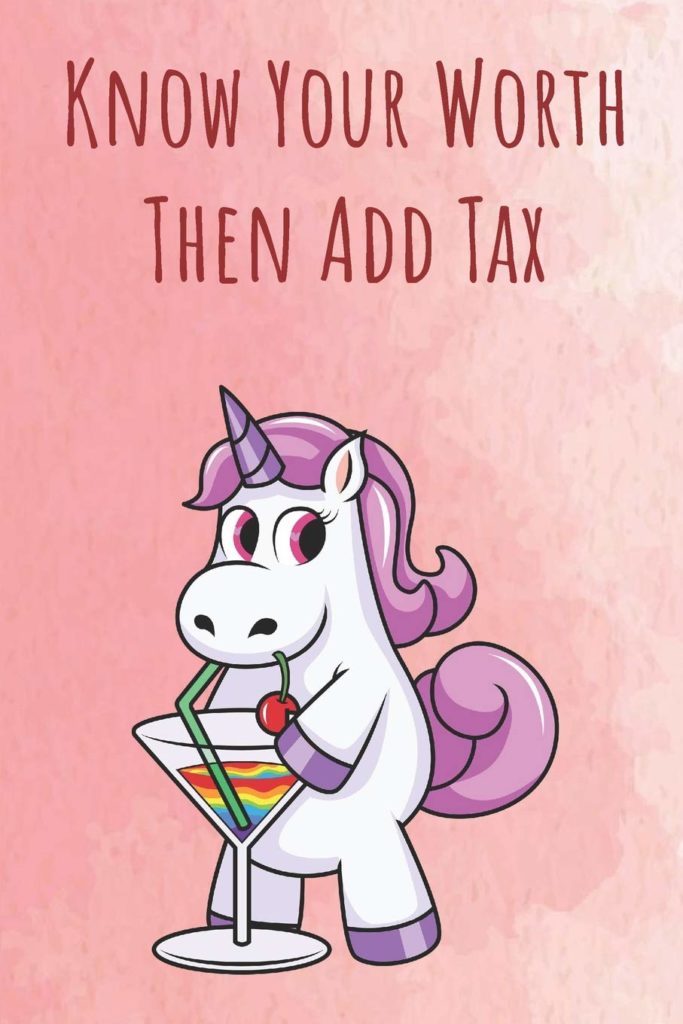
Knowing your worth is a key determinant of the level of success that you experience and your mental wellbeing. But, we’re all prone to self-doubt. We tend to base our worth on external accomplishments and other people’s opinions. You can know your worth by developing a healthy self-concept, setting the right priorities, and working on your strengths. (Estimated reading time: 6 minutes)
“No one can make you feel inferior without your consent.”
— Eleanor Roosevelt.
Try this exercise when you have some quiet time for yourself:
Sit and write down all the qualities that make you an awesome person (yes, I’m giving you permission to brag!) Don’t think about your responses too much; just write the first words that come to mind.
Once you’re done, look at your list. How comfortable do you feel on a scale of 1-10? A score that’s close to 1 indicates that you’re more prone to feelings of unworthiness.
We’re all at different stages of the continuum of self-worth, and our setpoint is based on various factors: how we were raised, and the influence that the media and the people in our lives had on us.
No matter how self-assured we feel, we will all face times when we doubt ourselves. It’s in our DNA to care about what others think. We instinctively know that their approval gains support, protection, and sustenance. Studies show that children are aware that they might be judged as early as two years old.

Getting along with others and being a valuable contributor in our relationships and communities is tantamount to a fulfilling life. But, at the same time, we can go overboard in our efforts to please others and to fit in—especially if we need people’s approval to feel validated.
Here’s the problem with putting too much weight on how you look through the eyes of other people: you can’t please everyone. Even if a person is pleased with you, that can change on a dime.
That’s why attaching our worth to something as fickle as a person’s opinion is a dangerous business and wreaks havoc on our mental health—we must hold that power in our own hands.
In the 2015 Disney remake of the classic fairy tale “Cinderella,” Ella was portrayed as a woman who was aware of her value well before winning the heart of the prince. She stayed true to herself, even after the death of her father and suffering the criticism, abuse, and belittling of her stepfamily, who made her a servant in her own house.

Neither her dire circumstances nor her raggedy and disheveled appearance made her forget what really mattered. Whenever she was downtrodden, she found solace in her mother’s words. “Have courage and be kind”.
By standing by these principles, the doors to a new life opened. When the fairy godmother, disguised as an old beggar, asked for a cup of milk, Ella readily gave it to her. Upon meeting the prince in a chance encounter in the forest, he instantly fell for her after witnessing her genuine love for the deer she was trying to protect from his hunting entourage.
It wasn’t the sparkly dress, glass slippers, diamond tiara, pumpkin coach, or handsome prince that made her worthy. It was her inner magic. The adornments and status simply made it visible to the outside world.
A genuine sense of worth comes from within. It doesn’t come from the invisible scores those with a marketplace mentality give you, the number of matches on a dating app, the checks on your to-do list, promotions and accolades, or the likes on your latest social media posts. It comes from believing that you’re loved, valued, and beautiful simply because you exist.
Valuing and knowing your worth is critical for four reasons:
1. It is the key determining factor in how far you’ll go in life and how confident you feel about your abilities. Giants from virtually every walk of life were told several times by higher-ups that they weren’t good enough and that they would never measure up. Yet, they didn’t listen, and they forged ahead in their pursuits.
2. It sets the standard for how others treat you. When you know your worth, you won’t settle for anything other than respect and integrity from others. Knowing your worth as a professional makes you brave enough to ask for a certain pay range, and knowing your worth in relationships gives you the courage to walk away from those who don’t treat you right.
3. When you depend on others to build you up, they can use that same power to bring you down. Caroline Myss, a pioneer in energy healing, says that we risk losing psychic power to anything we attach ourselves to because we form energetic cords to them. When our worth is attached to a person or title and we lose it, we can feel like we’ve lost ourselves.
4. How we measure our worth affects our emotional experience we have. When we let other people determine our worth, we set ourselves up for an emotional rollercoaster. When you know who you are and you accept yourself, you experience peace through life’s ups and downs.
With conscious effort, you can grab the reins of your life. Knowing your worth is a state of being that is solidified by taking action. Here are five steps to manage and know your worth:
1. Find out what you’re good at (and not good at): The process of self-discovery is a work-in-progress that requires trial and error. Hints of our innate gifts and talents are apparent at an early age, and becoming aware of them early can boost your sense of self-worth. When you focus on building on what you’re naturally good at, you’ll feel better about yourself and have more drive and passion instead of harping on what you lack.
2. Manage negative self-talk: Self-talk is, quite simply, the internal dialogue in your mind. It plays a vital role in shaping your perceptions of reality and your sense of self. Being overly critical will erode your sense of worth. You need to replace self-criticism with positive and encouraging self-talk and engage in practices that affirm your worth.
3. Take on challenges that help you grow: Moving out of your comfort zone and taking on healthy challenges will reveal what you’re truly capable of. Much like strength training at a gym, you will build your “resilience muscle” and realize that you can surpass your perceived limitations. You will witness how strong you really are when you overcome major hurdles.
4. Choose your company wisely: Weed out anyone who criticizes, belittles or doesn’t appreciate what you bring to the table. These individuals drain your energy and infiltrate your sense of worthiness. Replace them with supportive people who see your value and encourage you to become better.
5. Know what truly matters: Our personal standards should be centered on the things that truly matter. Virtues like kindness, empathy, contribution, and integrity take precedence over materialistic ambitions like financial success, fame, and power. When we aspire to these intangible qualities, we become better human beings who feel secure in our worth.
The universe has buried jewels deep within you. The road to worthiness is defined by your belief that they exist and your willingness to find them. Open your mind and hunt for what lies dormant and untapped, waiting to be revealed in all its glory and brilliance.
All my best on your journey,
Seline

Question for you: What does knowing your worth mean to you? How do you know when you are self-empowered and when you are not?

As always your posts come in right on them and are always relevant. Thank you for sharing these thoughts, they were needed and so welcomed.
You’re most welcome Lou-Ann. I’m so glad to hear that! Be well. 💚
Worthiness leads to happiness.